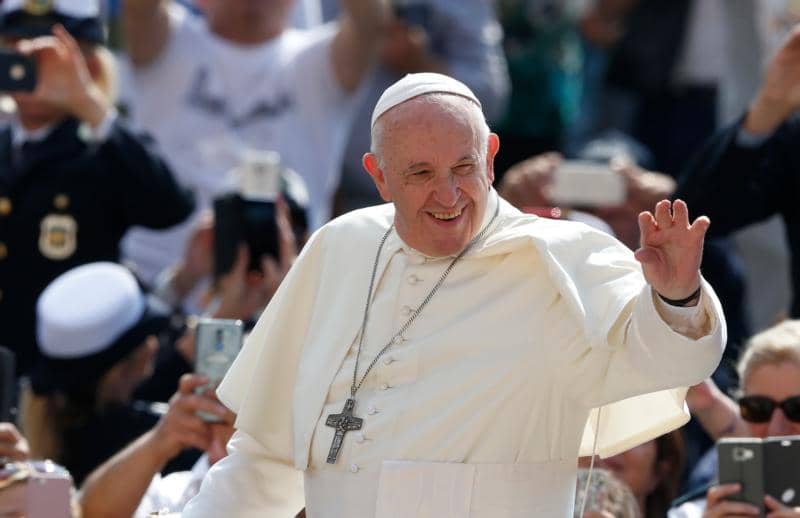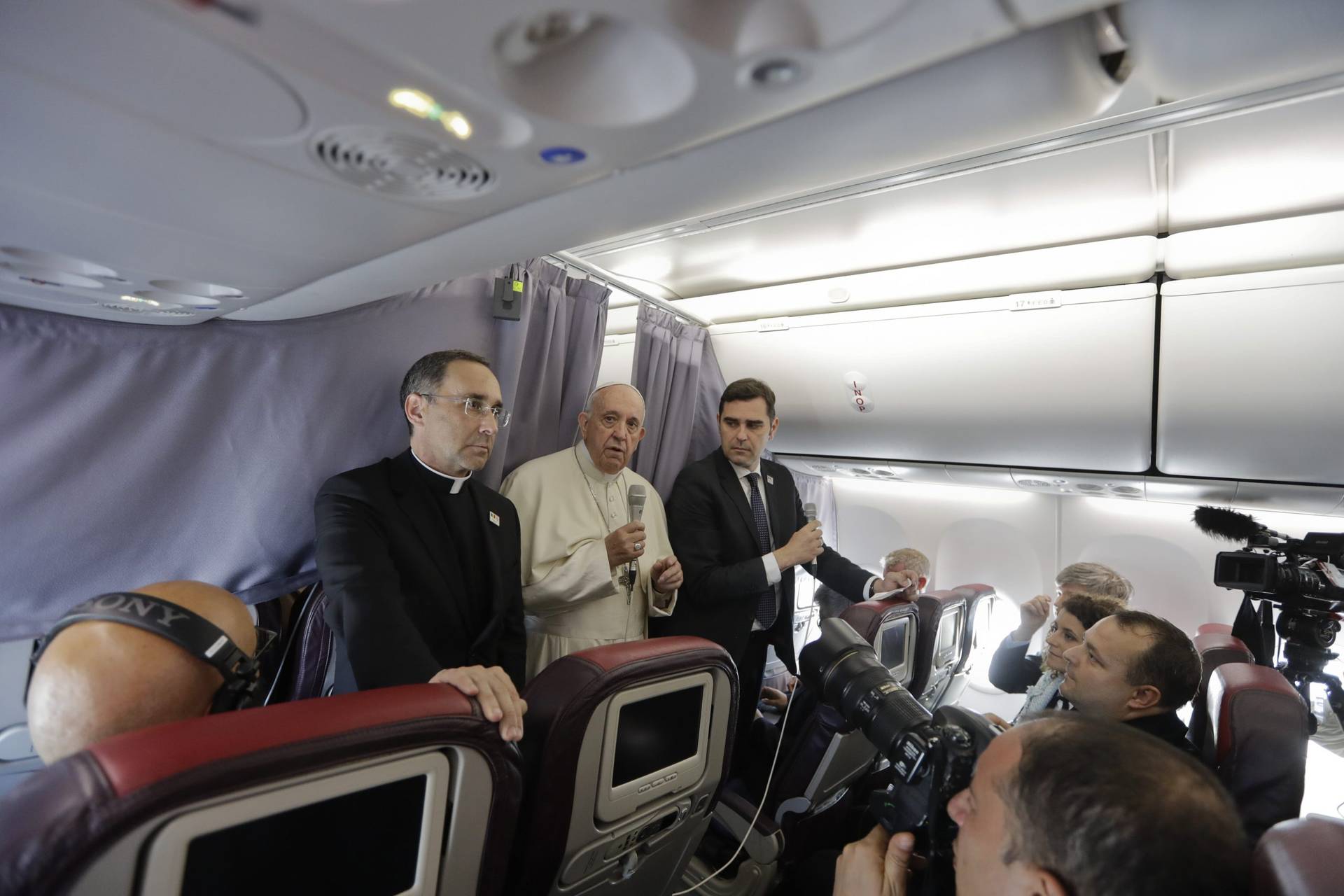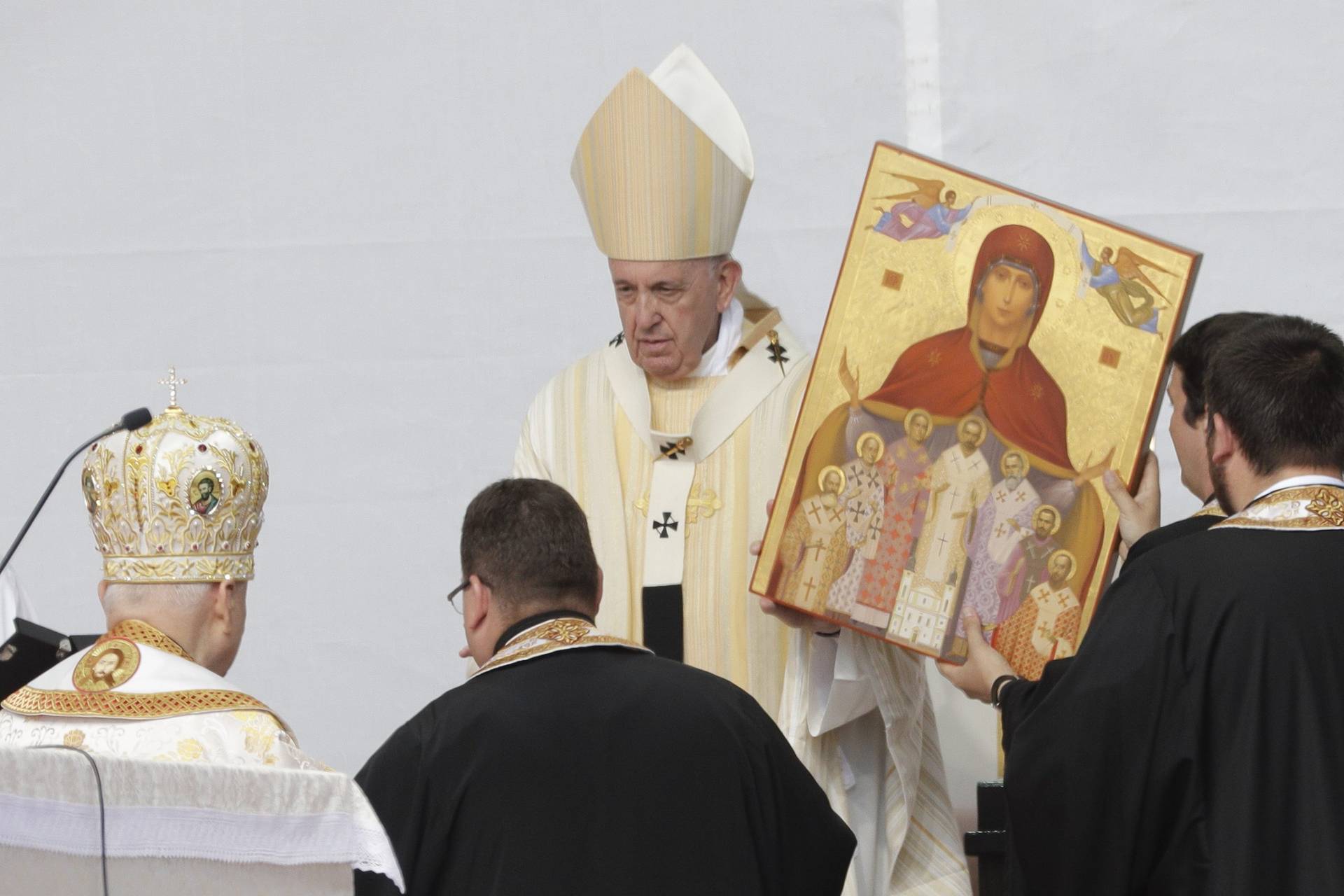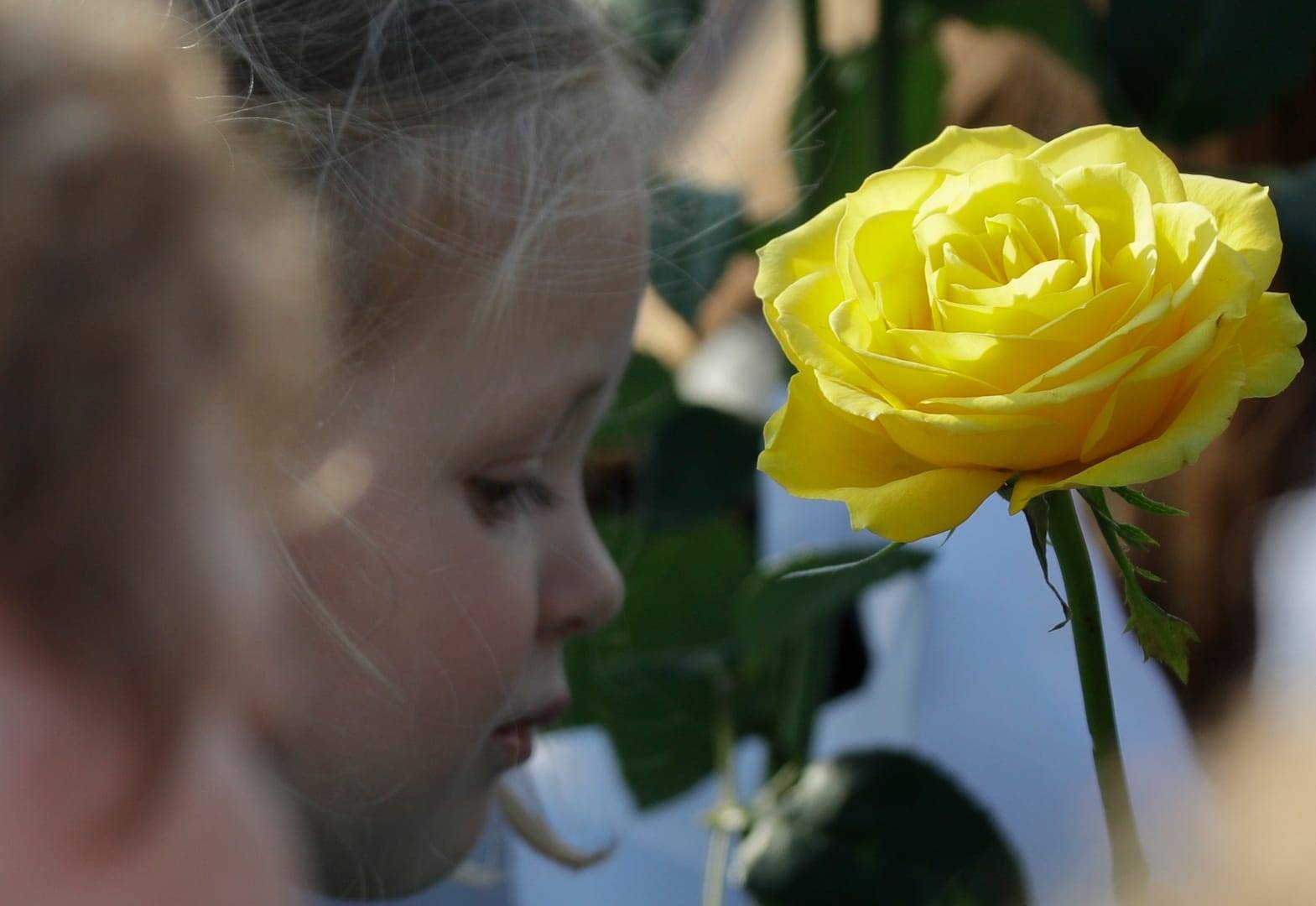BLAJ, Romania – When imagining the northeastern region of Transylvania in Romania, the first image that may come to mind is a fog-covered castle, the spooky home of the fictitious and blood-thirsty Count Dracula.
Such a foreboding setting couldn’t be more different from the warm pastoral atmosphere that welcomed Pope Francis June 2.
Carts led by white donkeys and locals dressed in festive and traditional garb greeted the pope at the Field of Liberty in Blaj, Transylvania, on the last day of his May 31 to June 2 visit to Romania.
While vampire lore is fiction, the muddy ground of Transylvania have nonetheless witnessed its fair share of blood being spilled throughout the centuries. Most recently, its indigenous Catholic communities suffered persecution under both Nazi and Communist regimes.
In a country ravaged by war and bloodshed, Francis delivered a speech promoting a culture of freedom and mercy, which tempered by the painful experiences of the past may be able to resist the ideological colonization that still today threatens to destroy their cultural heritage.
“These lands know well how greatly people suffer when an ideology or a regime takes over, setting itself up as a rule for the very life and faith of people, diminishing and even eliminating their ability to make decisions, their freedom and their room for creativity,” Francis said.
Today too, he continued, “we witness the appearance of new ideologies” that threaten to erode and impose on the local fabric of cultural and religious traditions.
“Forms of ideological colonization that devalue the person, life, marriage and the family and above all, with alienating proposals as atheistic as those of the past, harm our young people and children, leaving them without roots from which they can grow,” the pope said.
“Those voices, by sowing fear and division, seek to cancel and bury the best that the history of these lands have bequeathed to you,” he added.
Francis spoke in the very place where, in 1948, the Communist party forced the Greek Catholic community to merge with the Orthodox majority. Here, the pope beatified seven bishops of the Eastern rite church who refused to abandon their faith under the dictatorship, which wasn’t overthrown until 1989.
“In the face of fierce opposition from the regime, they demonstrated an exemplary faith and love for their people. With great courage and interior fortitude, they accepted harsh imprisonment and every kind of mistreatment, in order not to deny their fidelity to their beloved Church,” Francis said.
“These pastors, martyrs for the faith, re-appropriated and handed down to the Romanian people a precious legacy that we can sum up in two words: freedom and mercy,” he added.
These bishops endured arrest, physical and psychological violence, being left to die of their wounds or the diseases they contracted while in captivity.
One of the new blesseds – Bishop Iuliu Hossu of Gherla – was named a cardinal by St. Paul VI in pectore meaning secretly, with publication of his name withheld until 1973. Hossu died in 1970 at the age of 85, after living under house arrest since he was released from prison in 1955.
The pope praised the newly beatified bishops for their “tenacity” in not abandoning their faith and their “readiness to suffer martyrdom,” not with hatred but with meekness.
“The mercy they showed to their tormentors is a prophetic message, for it invites everyone today to conquer anger and resentment by love and forgiveness, and to live the Christian faith with consistency and courage,” he said.
Liberty Field, once a symbol of oppression and persecution, now “evokes the unity of your people, which is found in the diversity of its religious expressions,” Francis said.
The Orthodox, Protestant and Roman or Greek Catholic communities have not always gotten along during the course of Romania’s history. Still today, tensions remain between the Orthodox and Greek Catholic communities here.
But in this land “of martyrdom, freedom and mercy,” the pope called for a “fraternity of blood” that is not based on anger and resentment, but dialogue and forgiveness.
“May you be witnesses of freedom and mercy, allowing fraternity and dialogue to prevail over divisions, and fostering the fraternity of blood that arose in the period of suffering, when Christians, historically divided, drew closer and more united to one another,” he said.
Follow Claire Giangravè on Twitter: @ClaireGiangrave
Crux is dedicated to smart, wired and independent reporting on the Vatican and worldwide Catholic Church. That kind of reporting doesn’t come cheap, and we need your support. You can help Crux by giving a small amount monthly, or with a onetime gift. Please remember, Crux is a for-profit organization, so contributions are not tax-deductible.















